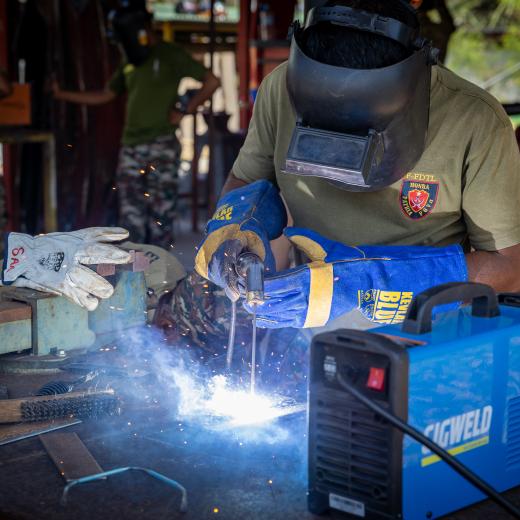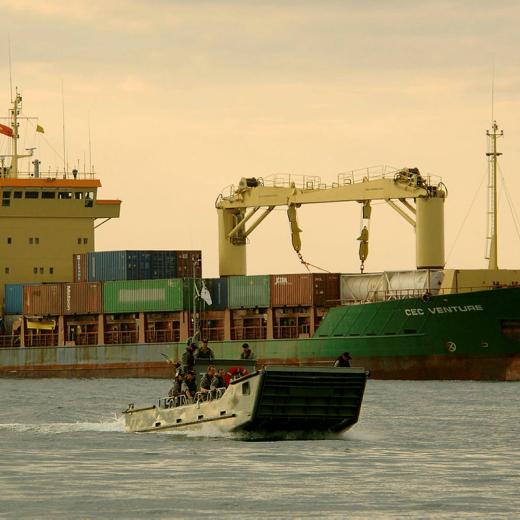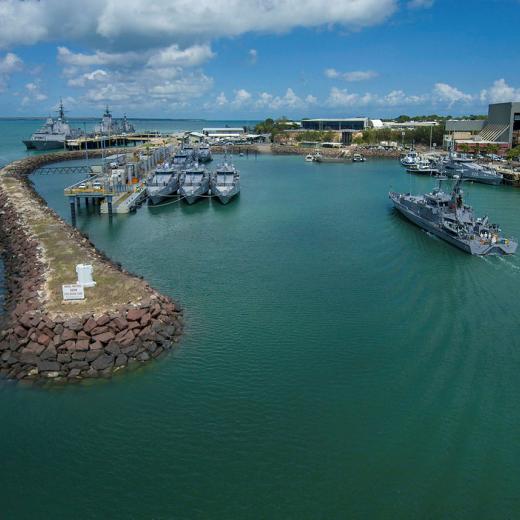BLUF
To counter the economic effects of COVID-19, the Reserve Bank of Australia adopted quantitative easing measures, but if this fails to control inflation, it may have implications for future Defence budgets.Summary
COVID-19 has affected more than the health and social welfare of the Australian population; it has affected the Australian economy. The taxpayer has and will bear a burden to fund the cost, including paying back the cost of quantitative easing; note the following from: Explaining Quantitative Easing (QE) (thebalance.com):
-
Quantitative easing is when a central bank purchases long-term securities to boost the economy.
-
QE expands the money supply and stimulates growth.
-
The Fed used it to combat the 2008 financial crisis.
-
It revived QE to respond to the COVID-19 pandemic.
In Mar 2020, the Reserve Bank Australia (RBA) announced it was engaging in a money-printing program, also known as quantitative easing.
The RBA created new money to buy Government Bonds from commercial banks through an unconventional monetary policy.
The RBA did this to:
-
Boost the money supply.
-
Drive down interest rates.
-
Incentivise the commercial banks to increase lending.
Quantitative easing works well for the government if interest rates don’t rise. However, interest rates may increase to curb inflation, causing the RBA to suffer significant losses under its bond-buying program. These costs will have to be underwritten by the taxpayer. As a result, government budgets, including Defence, may ultimately be impacted.
However, when reading this article, it is worth considering that the idea of quantitative easing may, in fact, cause inflation. Note the following articles:
-
Apr 2021 The Conversation. Inflation: why it could surge after the pandemic
-
Aug 2021 Project Syndicate. The Dangers of Endless Quantitative Easing
References
Recent Runway Posts related to this topic:
- Chakras, crystals and conspiracy theories: how the wellness industry turned its back on Covid science | The Runway (airforce.gov.au)
- Why are my lymph nodes swollen and sore after a Pfizer or Moderna COVID booster vaccine? | The Runway (airforce.gov.au)
- COVID-19 is a good reason to fix our bad indoor air quality—but how do we do that? | The Runway (airforce.gov.au)
- Fostering Employee Productivity and Morale Through COVID-19 | The Runway (airforce.gov.au)
- Chakras, crystals and conspiracy theories: how the wellness industry turned its back on Covid science | The Runway (airforce.gov.au)
References from the Web :
- Jun 2021 Australian Financial Review. Economists warn that ‘flexible’ QE comes at a cost
- Jul 2021 The Conversation. RBA starts three-year countdown to lift in interest rates
- Dec 2021 Financial Times. Australia’s central bank signals it could end quantitative easing in February
Source Information: ABC Australia
- Article Source: ABC (Australian Broadcasting Corporation)
- Media Check: ABC News Australia - Media Bias/Fact Check (mediabiasfactcheck.com)
- Learning Outcomes: RUNWAY TOPICS: LEARNING OUTCOMES | The Runway (airforce.gov.au)





